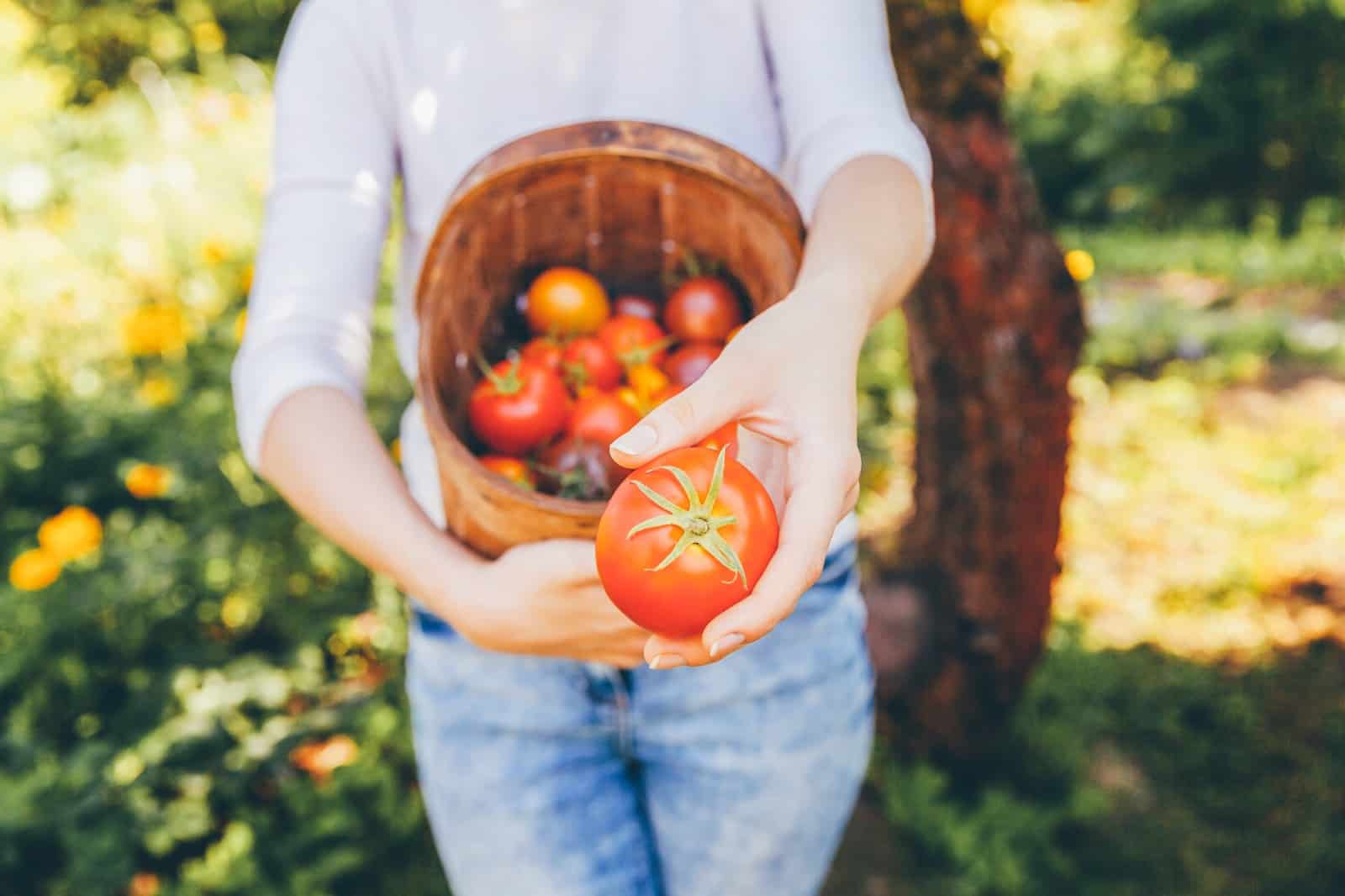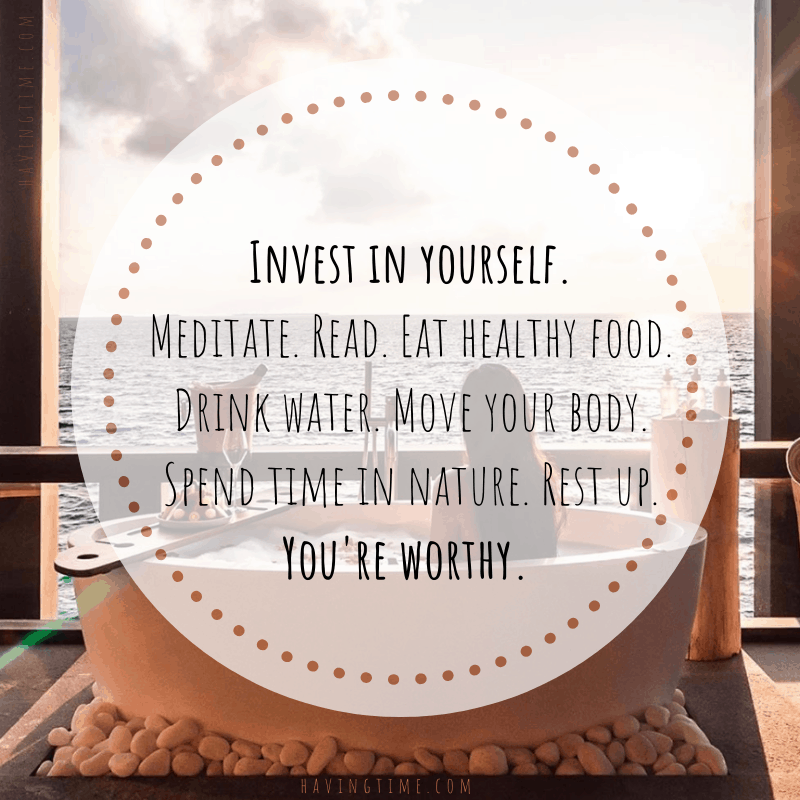What comes to mind when you hear the word “organic”? When people hear the word “organic”, they immediately think of food. However, an organic lifestyle refers to so much more than just eating organic food.

Organic lifestyle also implies buying a household and cosmetic products that are organic and don’t harm the environment.
In a more general sense, organic lifestyle takes care of the planet and the living beings on it, at least in the microcosmos of the nearest surroundings. But it’s a great thing to know that, through living the organic lifestyle, we’re helping the air get fresher, the soil and waters cleaner, and our families and friends healthier.
Leading the organic lifestyle doesn’t have to break your budget and has many aspects. Here’s how to do it:
1. Buy with attention
Of course, you can always buy food at your nearest organic market or the organic section of your store. However, the cheaper way is to buy the same organic food directly from the farms. In some countries, there are farmers’ markets where you can buy the same food for less money and also get a tip from the producer.
While buying in a supermarket, pay attention to the store brands – they are cheaper than name brands but many of them have turned to organic products.
2.Know how to choose a skin product
When choosing between a leave-on and a rinse-off product, choose a leave-on product if you want it to be organic but you have a limited budget.
You’ll notice that organic cosmetic products are more expensive than regular ones but you don’t have to switch completely to organic products at the cost of your budget.
As leave-on products are left on the skin longer to be absorbed, they are a better choice when choosing organic. A rinse-off product will stay on your skin or hair for only two or three minutes before you remove it with water.
Furthermore, don’t confuse the term “natural” with “organic” – both words can be seen on different labels on products, especially cosmetic and cleaning products. It’s not the same (which you’ll also notice by the difference in price).
3. Start with the common food
Embracing the organic lifestyle doesn’t have to be abrupt, especially when it comes to food. You can focus on the food you eat every day and introduce changes there.
For starters, you could give up artificially flavored fruit juices and opt for an organic juice powder. Also, start buying organic bread, eggs, and olive oil – especially if they are on your menu almost every day.
In time, you can take a look at your fridge every week and decide what other product you could switch to organic.
4. Grow your own food
If you have a backyard or at least a window sill that has enough room for a few pots, why not grow your own herbs, vegetables, and fruits? Tomatoes, cucumbers, lettuce, and carrots are not complicated vegetables to grow, not even for beginners.
That way, you’ll have complete control of how your food was treated and you will know for sure there are no pesticides in it. Moreover, with a creative vegetable garden design, you will amaze the guests, decorate your backyard, and motivate kids to help you in the garden and eat more of the healthy food. Plus, it’s the cheapest way of getting food.
5. Choose artisan beauty products
You don’t always have to go for the brand names when it comes to beauty products. Small artisans may not have the organic certification for various reasons but it still doesn’t mean that a high percentage of their ingredients are organic (or possible 100%). Talk with them to find out what they put in their products and help a small-scale producer.
6. Make your own skincare products
Just as you can grow your own food, you can also make your own skincare products. It’s cheap and it’s fun!
There are many free online courses on the subject or you can simply read a few blogs about the methods and ingredients. You’ll be surprised how plants and products around you can be amazing for your skin when used in a different way.
7. Make your own cleaning products
Similarly to the previous step, there’s no need to buy cleaning products at a store, regardless of whether they are organic or not.
Baking soda, borax, vinegar, and washing soda – these are all-natural ingredients that go into the majority of traditional cleaning products.
The cost of making your own products with the same ingredients is ten times lower. You’ll be surprised by how much money you will save every month and you’ll also protect the environment with that action.
Bottom line

The organic lifestyle includes some changes in the way we buy and behave on an everyday basis. It’s a lifestyle that doesn’t harm anyone or anything – it makes both you and your family and the environment healthier. So, it’s a strong motivation enough to try it out, at least in some aspects for starters.
photo source | adobe

